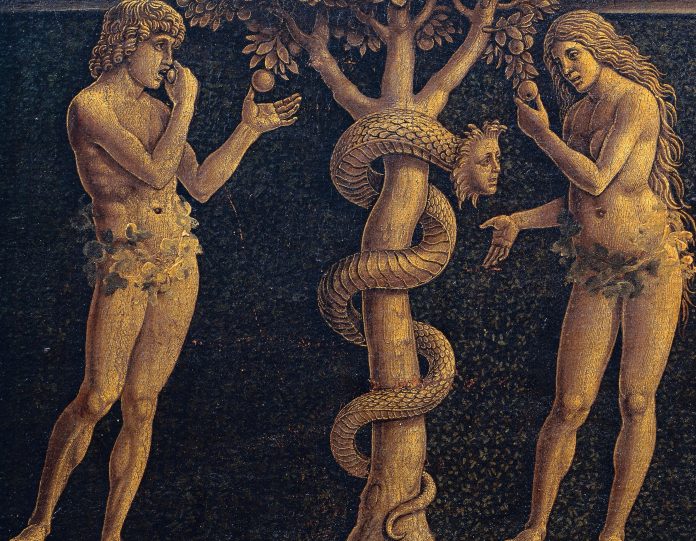
I have to suppress a knowing smile (well, come to think of it, I don’t suppress it at all) when I hear of science ‘discovering’ something that the Church has known all along. Such occurred in 1927 when the Belgian priest-mathematician-cosmologist, Father Georges LeMaitre, using Einstein’s General Theory of Relativity (published in a short treatise in 1915), formulated the theory of what came to be known as the ‘Big Bang’, claiming the universe began about 13.5 billion years ago as a point of near-infinite density and energy (a ‘singularity’), expanding outwards ever since. The good priest knew that the Church has always taught that the universe had a beginning ‘in time’, formulated as a dogma at the Fourth Lateran Council in 1215 (contra the mighty Aristotle, who thought the cosmos eternal, as did most scientists until a couple of decades after LeMaitre’s theory, when the evidence for the Big Ban became incontrovertible).
Well, the other day, the CBC’s Anna Maria Tremonti was interviewing author A.J. Jacobs, whose most recent book claims that science now tells us that we are all related, distant, distant cousins at the very least, descended from an original couple, living in Africa some 100,000 years ago, give or take a millennium or five.
Jacobs claims that this has transformed his view of humanity, even softening his critical view of the abrasive (from his point of view) television personality Judge Judy, whom he has now learned is his eighth cousin. Blood is thicker than airwaves, I suppose. This has also deepened his admiration for President-emeritus Barack Obama, who “is his fifth great aunt’s husband’s brother’s wife’s seventh great nephew”. Who would’ve known? I wonder if Jacobs will get an invitation to the Obama yacht next Christmas.
Of course, there is nothing new about this, for the doctrine of monogenesis, that we are all descended from one set of primordial parents, one man and one woman, like the doctrine creation in time, has been the consistent teaching of the Catholic Church, clearly formulated by Pope Pius XII in his 1950 encyclical Humani Generis, wherein he writes:
When, however, there is question of another conjectural opinion, namely polygenism, the children of the Church by no means enjoy such liberty. For the faithful cannot embrace that opinion which maintains either that after Adam there existed on this earth true men who did not take their origin through natural generation from him as from the first parent of all or that Adam represents a certain number of first parents. (#37)
So we all descend from one man, whom Scripture calls ‘Adam’ (derived from the Hebrew for ‘earth’ or ‘dirt’, from which Adam himself was, well, derived). This dogma, the Pope goes on to teach, is connected with that of original sin (which I discussed in relation to the current fraught-and-getting-fraughter relations between men and the fairer sex):
Now it is in no way apparent how such an opinion (that is, polygenesis, Ed.) can be reconciled with that which the sources of revealed truth and the documents of the Teaching Authority of the Church propose with regard to original sin, which proceeds from a sin actually committed by an individual Adam and which through generation is passed on to all and is in everyone as his own (ibid.)
As Ecclesiastes cried out, there is nothing new under the sun, although it is always good when empirical science corroborates what the faith has always taught, a motiva credibilitatis, a motive of credibility, which may bring some into the faith, or strengthen what faith we have.
And the fact that we are all one big family, even if not always so happy, should be some consolation. For that natural, physical, corporeal community is the basis for the much deeper and more profound spiritual unity, the flip-side of ‘original sin’: Namely, that we are all called to share in the life of grace and charity as the basis for eternal life, and, to paraphrase Thomas More, we hope to rejoice merrily together in heaven someday.
As Adam represented all men, so too does Christ, but in a far more perfect way: As the Vatican II Pastoral Constitution, Gaudium et Spes, put it: For by His incarnation the Son of God has united Himself in some fashion with every man.
We are all one in Adam, and all one in Christ, and the Child born in the manger re-presents humanity to the Father, pristine, without sin, as we were always meant to be, and can be so again, if we but follow Him, the way, the truth and the life.










